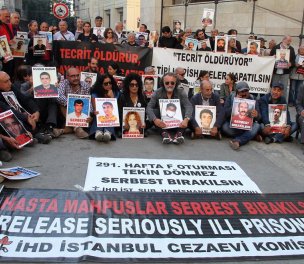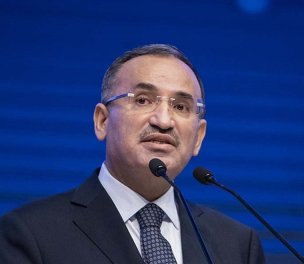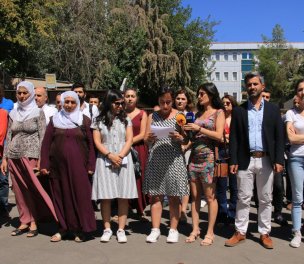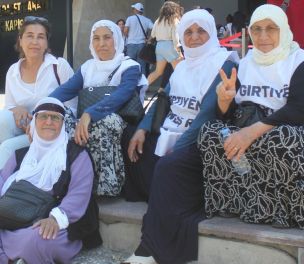Photo: MA
Click to read the article in Turkish / Kurdish
A prisoner who was released on September 2 following his diagnosis of cancer lost his life yesterday (October 31).
Ehettin Kaynar was among the nine people who were prosecuted in 2015 by the Iğdır 1st Heavy Penal Court for "being a member of a terrorist organization," disrupting the unity of the state and the unity of the country" and "deprivation of liberty and plunder."
He was sentenced to life imprisonment and sent to Edirne Type-F Prison on April 2, 2021. In May, he was transferred to the Karabük Type-T Closed Prison.
Kaynar, whose health condition worsened day by day in prison, was transferred to the Ankara Yıldırım Beyazıt Training and Research Hospital Gastroenterology Department on July 27 for treatment.
He was later diagnosed with stage 4 cancer and moved to the hospital in Sincan Campus Prison. After his cancer diagnosis, the report of the hospital committee was sent to the İstanbul Forensic Medicine Institute (ATK) with the request for Kaynar's release. He was released on September 2, 2022 but died two months later on October 31.
Kaynar had spoken to the Mezopotamya Agency (MA)after his release. "There are hundreds of patients in prison, they are not treated, they are in miserable condition. The hospital refuses people by saying 'there is no place'," he had said.
Ill prisoners in Türkiye
According to the 2021 Council of Europe Criminal Statistics Reports, Türkiye has the second-highest number of prisoners globally, with approximately 300,000 people behind bars. According to Human Rights Association (İHD) Central Prisons Committee, there were 1,517 ill prisoners, with 651 in critical condition, as of April 2022.
At least 50 ill prisoners died in prisons or shorlty after being released in the first eight months of the year, according to the Lawyers for Freedom Association (ÖHD).
Article 16 of the Enforcement Law, amended by Law No. 6411 in 2013, states that "enforcement of sentences for prisoners, who cannot live on their own under prison conditions due to a critical sickness or disability and evaluated to pose no threat to public safety, can be deferred until they recuperate as per the procedure set forth in the third paragraph." However, the İHD notes that this provision is not actually implemented. (AS/WM/VK)




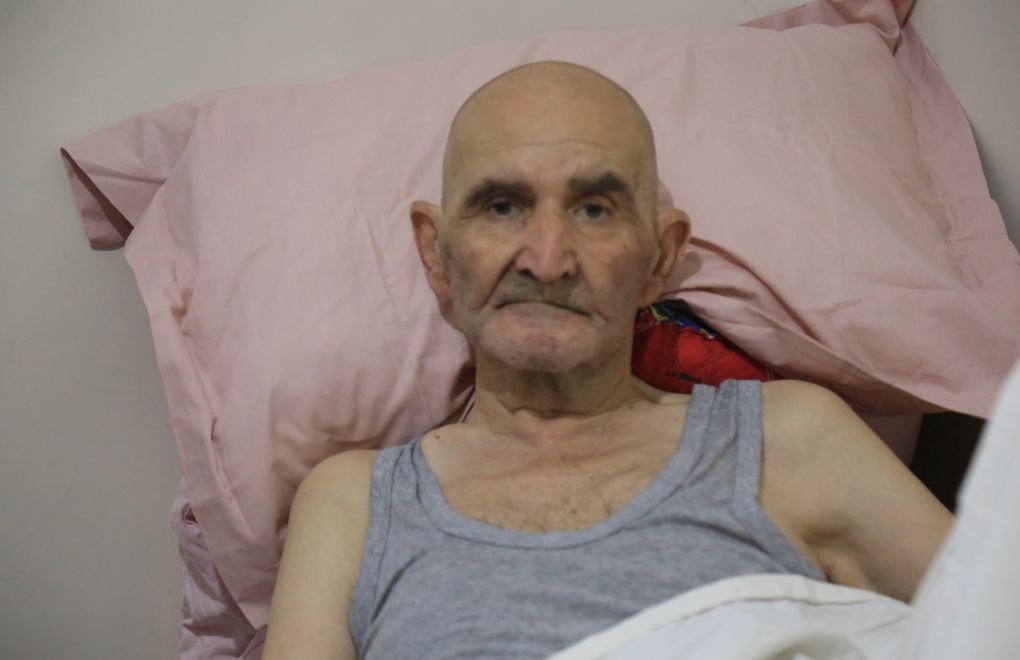
sa.jpg)
